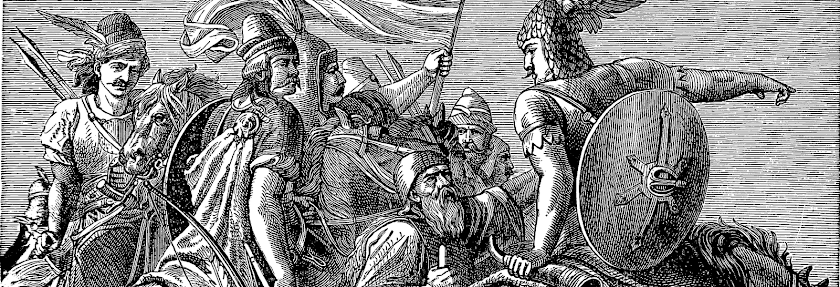I don't have a complete changelog, but here are the things I noticed:
- The damage tracker / countdown to endgame is gone. Instead of minibosses and bosses spawning at points along the damage track, a miniboss spawns each time a spawner is destroyed, and the boss spawns when the last spawn point is destroyed. This makes the first miniboss fight much earlier in the game than previously.
- Rules for consul's spawning of monsters are way clearer. As his whole turn, he can spawn from a spawner, which inflicts a point of damage on that spawner (pushing towards endgame), and he can't spawn two turns in a row (to prevent endgame from arriving very early).
- Loot has also changed in the absence of the damage track; it's generated per monster killed, up to a maximum of three pieces of loot per player turn.
- Fewer status effects.
- Chests now have keys and locks and things. Killed minibosses drop keys which let you unlock chests at low risk; failure to pick the lock on a chest turns it into a mimic.
- Spawners drop coins when destroyed, which allow a full heal or a respawn.
- Characters can heal themselves and remove their own status effects by rolling (based on Wis and Armor respectively) at the cost of an action. Bosses and minibosses can also remove their own status effects in this way (and with hearts rolled on successful attacks).
I think my only complaint is that it was a very long game; three players+consul took about five hours (including hero selection, setup, and ordering food), and four or more players would take even longer. I'm not really sure why it was as long as it was. It definitely wasn't rules-confusion; lookups into the rulebook were fairly infrequent. We were fighting kobolds, and kobolds are relatively strong on defense compared to some of the other monsters released in the expansions (like turtles and elementals). We also played very defensively, with our two rangd characters hiding behind the treant, who pushed into rooms through kobold phalanxes. More aggressive, high-mobility play on both the PC and monster sides might shorten the game (on the other hand, high-mobility play for the players means that PCs are easily isolated and destroyed in detail. Surviving high-mobility play probably requires mutually supported 'bounding' fire and motion; troublesome, because having enough ranged characters in a party for that means you're competing for items). Consul spawn-rush could also shorten the game considerably; the interesting question to my mind at the moment is "is the game winnable against a spawn-rushing consul?" I'm curious what sort of tactical innovations and party compositions would be required on the player-side to accumulate the necessary gear to win an earlier bossfight. Ethan argued against spawn rush, saying that as consul, it was important to give the players a chance, but I prefer to look at it as a gauntlet which has been thrown. Maybe it is actually practically unwinnable despite being totally legal (much like four-howitzer in OGRE), but I have insufficient data to draw that conclusion yet.
